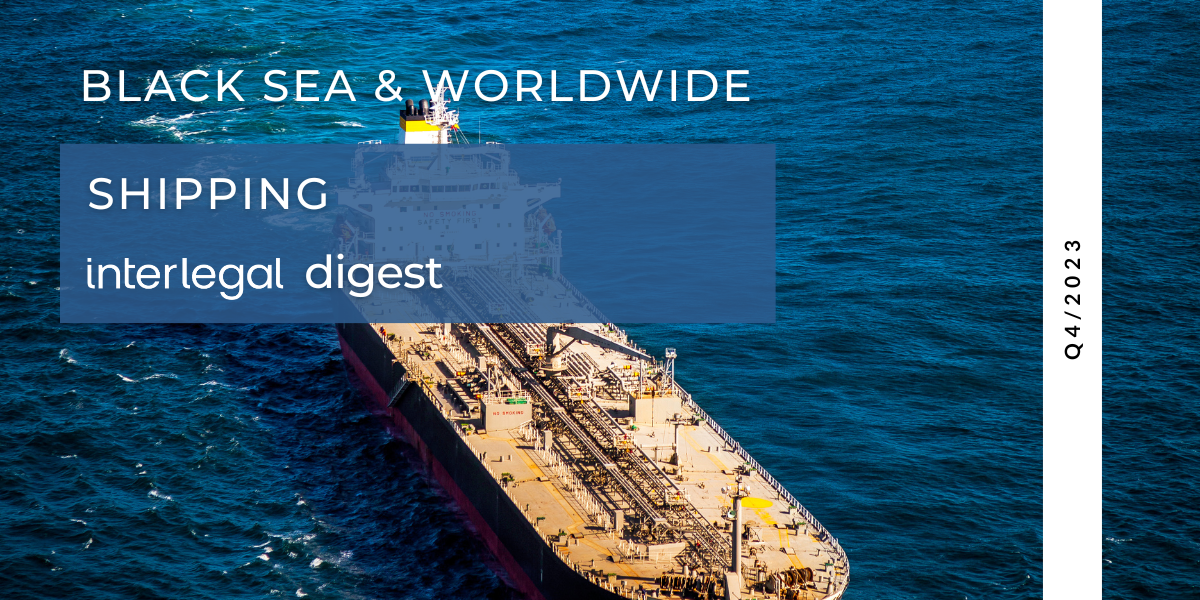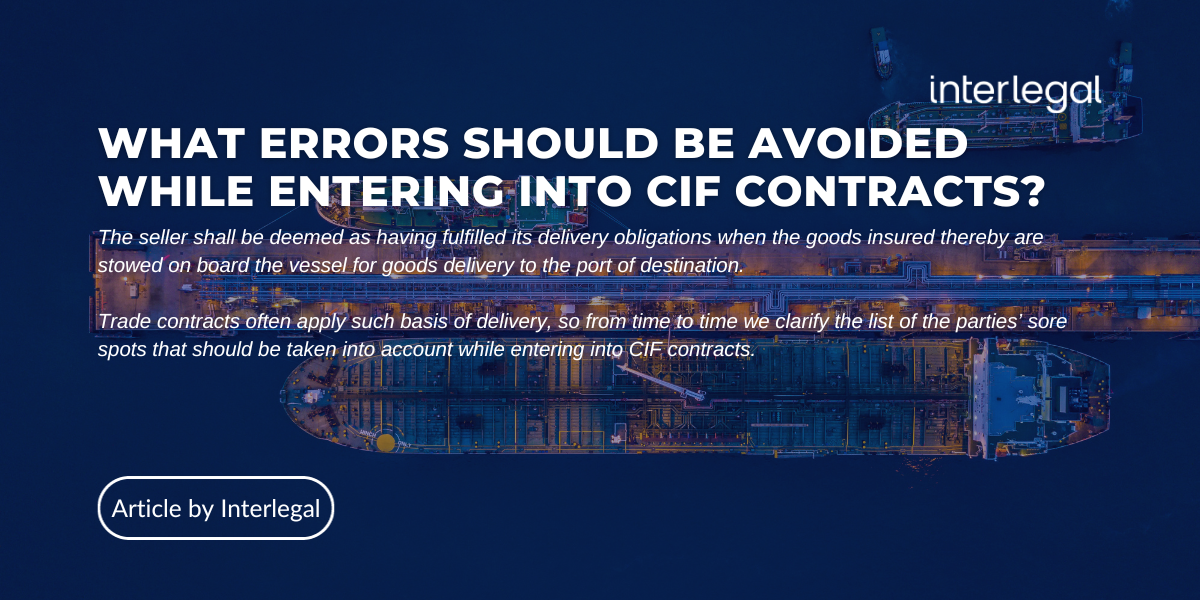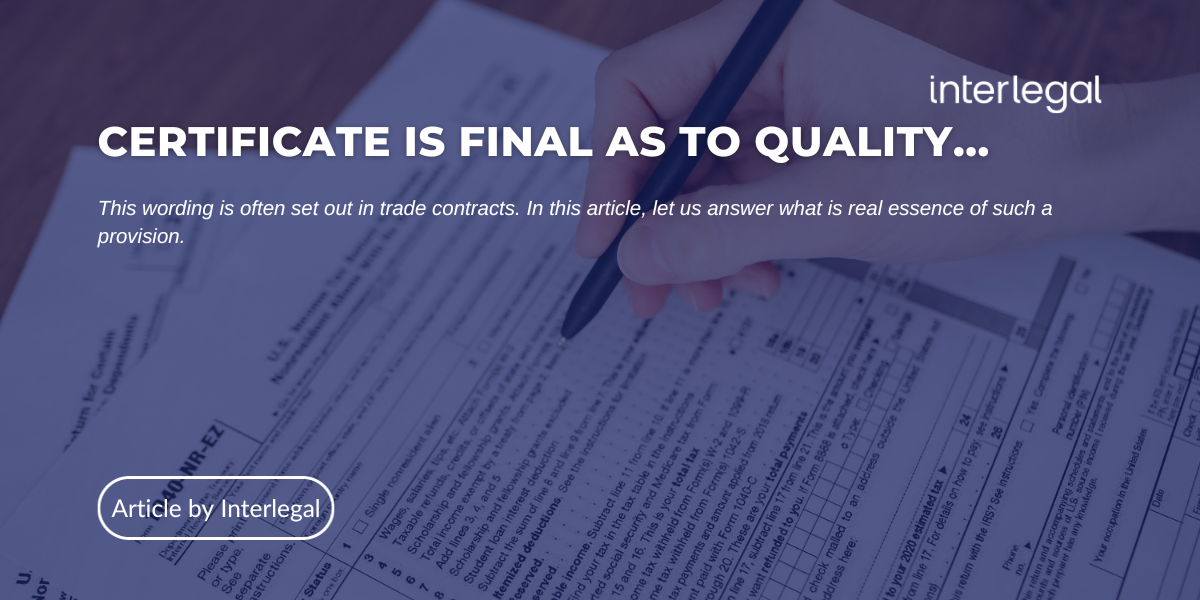Have you already fixed business processes of your company in Poland?
3 October, 2023
3

With the outbreak of a full-scale invasion of the russian federation into Ukraine, the issue of Ukrainian business relocation to other countries is getting increasingly urgent. The Republic of Poland is one of the most popular countries for doing business.
In this article, we will analyze principal issues that need to be paid attention to when founding business in Poland.
Why Poland?
1. Poland is the European Union member state which greatly simplifies cooperation with European companies and business development in Europe.
2. A convenient logistical location in the center of Europe, where it is convenient to get both Ukraine to and the Western European countries. In addition, Polish ports such as Gdansk and Gdynia are actively used to transport cargo by sea from various countries to Ukraine.
3. Similarity of Ukrainians and Poles. Our countries have the same principles and a similar mentality, which allows us to better understand each other.
At the same time, like in every country, in Poland you need to understand all specifications and nuances so that business in Poland brings profit, and not additional problems.
Type of activity: special requirements and customs for conducting a certain type of activity.
Most of all, our clients open in Poland companies engaged in the following types of activities: trade, transportation, transport and forwarding.
Such types of activities are mainly international, so it seems that there should not be much difference between activities in Poland and Ukraine. After all, trade in Poland should not be significantly different from trade in Ukraine.
The same concerns international transportation or freight forwarding in ports. To a greater extent, this is true, but we should not forget that legislation and even customs make their own corrections.
Therefore, before starting the activity, you need to determine the following:
1. What legislative acts regulate your activity and what are the features of such regulation? Perhaps standard contracts or general provisions apply in the activity. For example, forwarders in Poland most often use 2010 Polish General Forwarding Rules.
2. Is your activity subject to licensing/obtaining additional permits?
3. Will your company operate only on the Polish and European markets, or outside the EU as well?
4. What are the features of trade or transportation of a specific type of product/cargo?
5. Is it necessary to insure liability against third parties as a carrier/forwarder (for transport companies)?
The answers to such questions will allow you to conduct business activities in Poland safely. In addition, it will help you to nourish contractual base that will protect your interests in accordance with Polish legislation.
Hiring employees: labor legislation.
Employment issues are always important when setting up work in a new jurisdiction.
In practice, the following tools apply in Poland for registration of employees:
1. Umowa o pracy (Employment Contract);
2. Umowa zlecenie (Management Agreement with a natural person);
3. Umowa o dzie?o (Subcontract Agreement with a natural person);
4. Umowa B2B (Agreement on Rendering Services/Contract with a natural person-entrepreneur).
Like in Ukraine, Employment Contract is still the most reliable way to attract employees. Employment Contract does not raise additional questions in the control bodies and confirms the business reality.
However, it is not always advisable to enter into Employment Contract with all employees, and it is possible to consider other options.
In addition, there are special requirements for hiring foreign workers in Poland.
A foreigner has the right to work in Poland in the following cases:
– if (s)he is staying in Poland on legal grounds;
– if (s)he has an appropriate employment permit, or a permanent residence permit, or a Polish card. An employment permit shall be granted only upon application by the employer.
In addition, the Polish company needs to be aware of the mandatory social security contributions (ZUS) to be payable for each employee.
Currently, the official authorities of Poland, in cooperation with the Polish banking sector, are actively checking the Polish companies’ activities regarding compliance with financial, tax and labor legislation. Such inspections may result, inter alia, in blocking the company’s accounts in Polish banks and in actual impossibility to do business under such conditions.
Polish banks carry out primary financial monitoring, and quite often turn to other authorities when they have doubts about the legality of transactions. In turn, the tax service or the Prosecutor’s Office can seize the company’s accounts.
Reasons for blocking accounts:
– Small authorized capital with high turnover;
– Absence of official employees;
– Lack of proper permits and licenses;
– Improper accounting and tax reporting;
– Incorrect communication with the bank.
How to reduce the risk of blocking accounts:
– To conduct activities in accordance with Polish legislation;
– To submit prompt and proper reports to regulatory authorities;
– To hire officially company employees;
– To engage lawyers in a timely manner. In particular, do not respond to requests from banks without the involvement of lawyers. Yes, one incomprehensible answer to the bank can be the reason for initiating an inspection and blocking funds on accounts for a period of several months to several years.
In summary, doing business in Poland is easy and necessary, but there are always peculiarities and nuances that need to be taken into account, so that the business could be successful and would not cause unnecessary problems.
In turn, Interlegal, jointly with its associated office in Poland, is ready to perform compliance of your Polish company and, if necessary, to bring all business processes into compliance with the law in order to protect your business.

























































